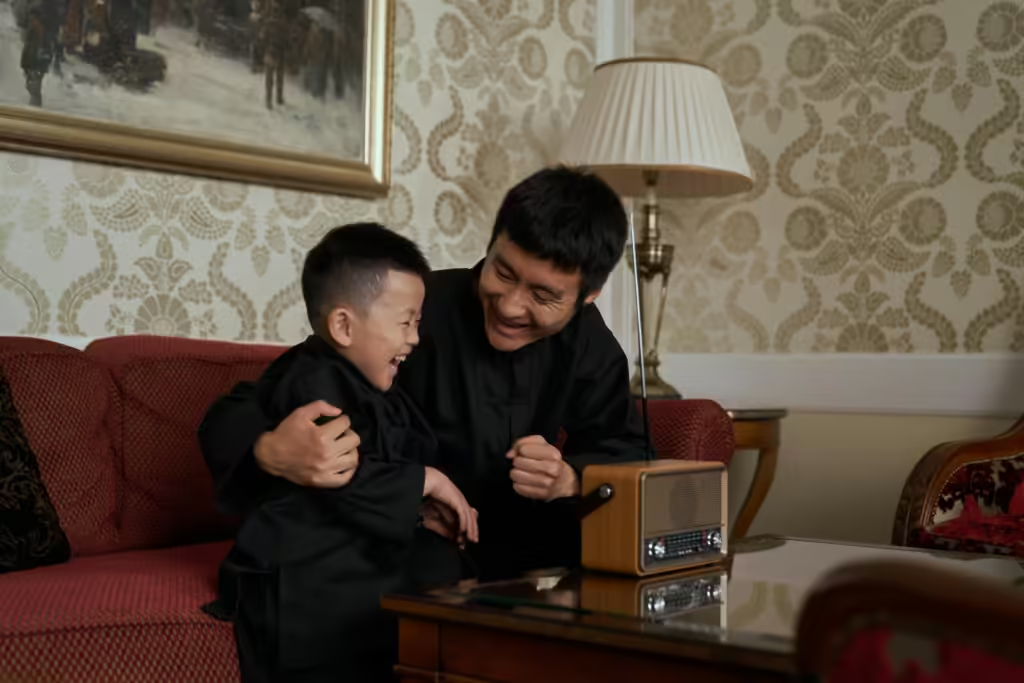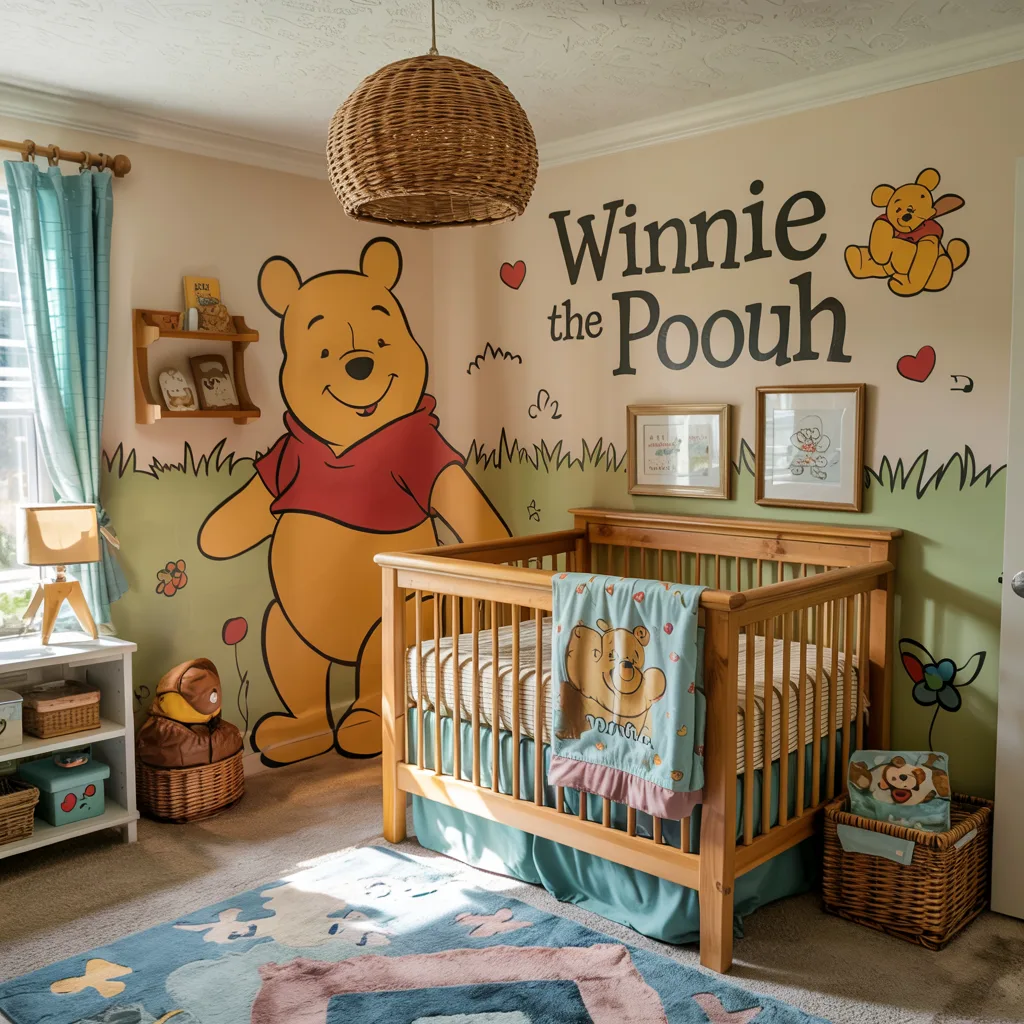Welcome to the world of children’s humorous short stories! These bite-sized tales of laughter are more than just entertainment – they’re powerful tools for learning, bonding, and personal growth. Whether you’re a parent, teacher, or simply someone who loves a good chuckle, this article will dive into the wonderful world of funny stories for kids.
Key Takeaways
- Humorous short stories boost children’s reading engagement and creativity
- They help develop language skills and emotional intelligence
- Reading funny stories together strengthens family bonds
- Writing silly tales encourages children’s self-expression
- Laughter through stories reduces stress and promotes well-being
Table of Contents
Why Children’s Humorous Short Stories Matter
Laughter is often called the best medicine, and when it comes to children’s literature, it’s also a fantastic teacher. Humorous short stories offer a range of benefits for young readers:
- Engagement: Funny stories capture children’s attention, making reading time exciting
- Vocabulary building: Humor often relies on wordplay, introducing new terms in memorable contexts
- Emotional intelligence: Understanding jokes helps kids recognize different perspectives
- Stress relief: Laughter reduces cortisol levels, promoting overall well-being
- Creativity boost: Silly scenarios encourage imaginative thinking
According to a study by the University of Reading, children who regularly engage with humorous literature show improved reading comprehension and a more positive attitude towards books.
Crafting the Perfect Children’s Humorous Short Story
Creating a story that tickles young funny bones isn’t just about throwing in a few jokes. Here are some key elements that make children’s humorous short stories shine:
- Relatable characters: Kids love to see themselves in stories
- Unexpected twists: Surprise endings or silly situations keep readers giggling
- Wordplay: Puns, rhymes, and made-up words add linguistic fun
- Visual humor: For illustrated stories, funny images enhance the text
- Age-appropriate content: Ensure jokes match the child’s understanding
“The best children’s books are those that make adults laugh too.” – Roald Dahl
Popular Themes in Children’s Humorous Short Stories
Certain themes consistently bring smiles to young readers’ faces. Here are some favorites:
1. Silly Animals
Stories featuring animals with human-like qualities or in ridiculous situations never fail to amuse. Picture a giraffe trying to fit into a treehouse or a penguin learning to fly!
2. Mischievous Children
Tales of kids getting into harmless trouble or outsmarting adults (in good fun) resonate with young readers who sometimes wish they could bend the rules.
3. Magical Mishaps
When spells go wrong or magical objects cause chaos, hilarity ensues. These stories combine humor with fantasy for extra appeal.
4. Everyday Absurdities
Taking normal situations and turning them upside down can lead to side-splitting scenarios. Imagine a day where everyone walks backwards or gravity decides to take a vacation!

The Impact of Humor on Child Development
Children’s humorous short stories do more than entertain – they play a crucial role in development. The American Humor Association highlights several key benefits:
- Social skills: Sharing jokes helps kids connect with peers
- Cognitive development: Understanding humor requires critical thinking
- Emotional resilience: Laughter builds coping mechanisms for life’s challenges
- Creativity: Exposure to unconventional ideas sparks innovative thinking
Writing Humorous Short Stories with Children
Encouraging children to create their own funny tales is a fantastic way to boost creativity and writing skills. Here’s a simple process to get started:
- Brainstorm silly ideas: What if your pet could talk? What would happen if shoes could walk by themselves?
- Create wacky characters: Give them funny names and quirky traits
- Develop a simple plot: Beginning, middle (where something goes hilariously wrong), and end
- Add humor: Sprinkle in jokes, puns, or funny descriptions
- Illustrate: Drawing pictures can add another layer of humor
Remember, the goal is to have fun and let imagination run wild. There are no wrong answers in the world of humorous storytelling!
Recommended Children’s Humorous Short Story Collections
Looking for some laugh-out-loud reads? Check out these popular collections:
- “Frog and Toad Are Friends” by Arnold Lobel
- “Sideways Stories from Wayside School” by Louis Sachar
- “The Day the Crayons Quit” by Drew Daywalt
- “Captain Underpants” series by Dav Pilkey
- “Amelia Bedelia” series by Peggy Parish
These books have stood the test of time, delighting generations of young readers with their wit and charm.

Integrating Humorous Short Stories into Daily Life
Make funny stories a part of your family routine:
- Bedtime giggles: End the day on a light note with a humorous tale
- Car ride entertainment: Turn travel time into laugh-filled adventures
- Rainy day activities: Create your own silly stories when stuck indoors
- Family joke time: Share favorite funny passages at dinner
By incorporating children’s humorous short stories into everyday moments, you’re not just fostering a love of reading – you’re creating lasting memories filled with laughter and joy.
The Future of Children’s Humorous Short Stories
As technology evolves, so does storytelling. Digital platforms are opening new avenues for interactive funny tales. From augmented reality books that bring jokes to life to collaborative online storytelling platforms, the future of children’s humorous short stories is bright and full of possibilities.
However, the heart of a good funny story remains timeless – a relatable situation, a dash of absurdity, and the universal language of laughter.
Conclusion
Children’s humorous short stories are more than just a passing giggle – they’re powerful tools for learning, bonding, and personal growth. By embracing these silly tales, we give children the gift of laughter, creativity, and a lifelong love of reading. So go ahead, pick up a funny book, or better yet, create your own wacky story. The world could always use a few more smiles!

FAQ About Children’s Humorous Short Stories
1. What age group are children’s humorous short stories best for?
While humor can be enjoyed at any age, children’s humorous short stories are typically aimed at kids aged 4-12. However, there are funny books for all age ranges, including toddlers and teens.
2. Can humorous stories help reluctant readers?
Absolutely! Funny stories often capture the interest of reluctant readers, making reading feel less like a chore and more like entertainment.
3. How can I encourage my child to write their own humorous stories?
Start with silly writing prompts, play word games, and make storytelling a fun family activity. Praise their efforts and laugh together at their creations.
4. Are there educational benefits to reading humorous stories?
Yes! Humorous stories can improve vocabulary, reading comprehension, critical thinking, and emotional intelligence, all while being enjoyable.
5. Where can I find quality children’s humorous short stories?
Libraries, bookstores, and online retailers all offer great selections. You can also find free stories on reputable children’s literature websites and educational platforms.











